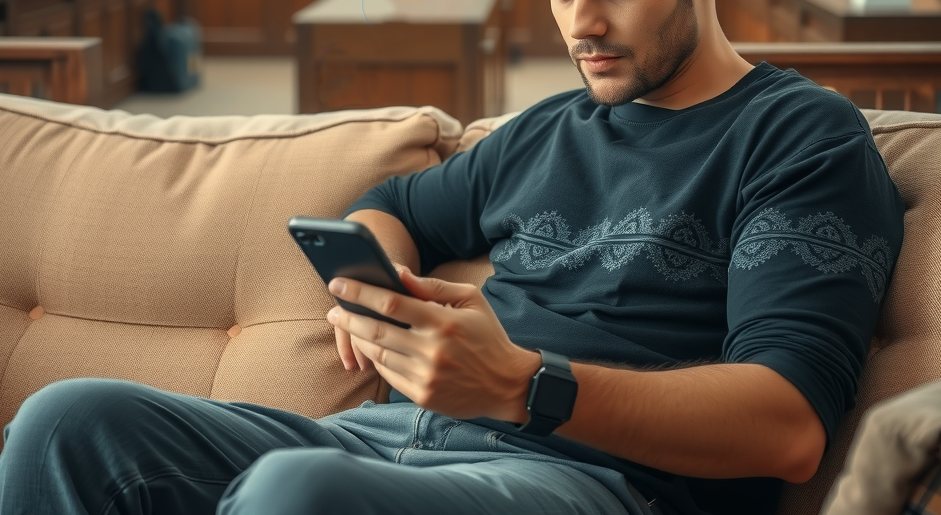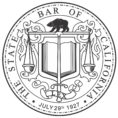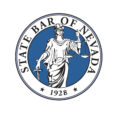The Impact of Social Media on Personal Injury Cases

Social media plays a major role in many people’s daily lives. For some, social media is the first thing they look at when they wake up and the last thing they look at when they go to bed. One study reported that people spend, on average, over 2 hours a day on some form of social media.
Social media platforms such as TikTok, Facebook, Twitter, and Instagram offer many benefits. However, it is important for individuals involved in personal injury cases to understand that what they post online can impact their cases.
Insurance companies and defense attorneys often search social media for evidence that can be used to undermine personal injury claims. This article will discuss how social media can negatively affect your case and best practices for protecting your legal rights.
Ways Social Media Content Can Harm Your Personal Injury Case
Insurance companies and defense lawyers may closely monitor your social media accounts for any evidence that can be used to discredit your injuries or claims. Seemingly innocent posts, photos, or comments can be misinterpreted and used against you in court.
The following are some common examples of how the use of social media could potentially damage your personal injury claim.
Contradicting claims
You may have filed a personal injury claim because you were severely injured in an accident. However, what if you post photos or videos of yourself engaging in physical activities that suggest otherwise? The at-fault party will likely use this as evidence to undermine your case.
Let’s say you claim that you suffered a back injury but then post a picture of yourself on a hike. The defense may argue that your injury is not as serious as you claim.
Even activities like dancing, gardening, or engaging in light exercise could be used to challenge your claim.
Location data
Some social media platforms automatically tag locations in posts, photos, and check-ins. Location posts can be harmful to your personal injury claim. These could be used to establish a timeline that conflicts with your statements about the accident.
As an example, if you claim to be unable to walk but then check in at an amusement park or the gym, the defense may argue that your injuries are exaggerated or nonexistent.
Comments and reactions
You may use social media to share your thoughts and feelings about things. However, discussing your accident, injuries, or case can be harmful.
The following are examples of lighthearted comments that can imply your injuries aren’t that serious:
- “Feeling better today”
- “The accident was mostly not my fault”
- “Getting back to normal”
- “I’ll be back on my feet in no time”
Insurance companies look for inconsistencies in your statements. They want to dispute your claims. If your social media comments are different from what you tell the court, it could weaken your personal injury claim.
Family and friends’ posts
Your own social media posts are not your only worry — posts from your family and friends can also harm your legal case. What they post can be used as evidence against you.
For example, your friend got married and posted a video of you dancing. You only danced for a couple of minutes and were in pain while doing so. The opposing party can still use that clip to argue that your injuries are not as severe as you claim.
Can You Just Make Your Social Media Accounts “Friends Only”?
It is recommended that you adjust your privacy settings to “friends only” while your personal injury case is ongoing. Keep in mind that even on private social media accounts, there are things the opposing party can do to see your posts.
The defense attorneys may use the following methods to look at your posts:
- Create a fake profile: The opposing party could create fake profiles to gain access to your private posts. While this may seem far-fetched, it is a common practice.
- Ask your friends: Does the at-fault party know any of your followers? If so, they could ask them for your information voluntarily.
- Utilize discovery rules: The defense attorneys could take advantage of discovery rules that require you to produce records. They may demand that you provide copies of your social media records, even if your account is set to private.
Tips to Protect Your Personal Injury Case on Social Media
It is important to be mindful of your social media activity to protect your personal injury lawsuit.
Here are some suggestions:
- Adjust your privacy settings: Set all your social media accounts to private. However, as discussed earlier, remember that this is not a foolproof safeguard.
- Avoid posting about your injury or case: Do not discuss your accident, injuries, or settlement discussions on social media. Even seemingly harmless statements can have legal implications.
- Do not accept friend requests from strangers: Be cautious about accepting new requests from someone. It may be an insurance adjuster using a fake profile to gain access to your social media profiles.
- Ask friends and family to be cautious: Let friends and family know you are involved in legal proceedings. Ask them not to tag you in posts, mention your condition, or share photos of you.
- Talk to your personal injury lawyer before posting: If you have any questions about how social media posts could affect your personal injury case, ask your attorney. He or she can advise you on what is best to avoid any complications in your case.
Should You Delete Posts That Could Harm Your Personal Injury Claim?
What if you realize you posted something on social media that might hurt your case? While deleting it might seem like your best course of action, this may actually do more harm than good.
Courts may view deleting posts as an attempt to destroy evidence — which could negatively impact your credibility. Don’t delete the posts without first consulting your personal injury lawyer. Your lawyer can advise you on the best way to handle the situation.
Questions About Using Social Media After Your Accident? Contact Us Today
Social media can affect your personal injury claim in ways that you may not anticipate. Our personal injury attorneys can offer guidance on the use of social media following your accident.
If you or a loved one has been harmed due to someone else’s negligence, contact Harker Injury Law today. We can help you build, file, and present your personal injury case.
Our personal injury attorneys are here to guide you through the compensation process. We will fight to get you fair compensation for all of your injuries and financial losses. Contact us today to schedule a free consultation.










